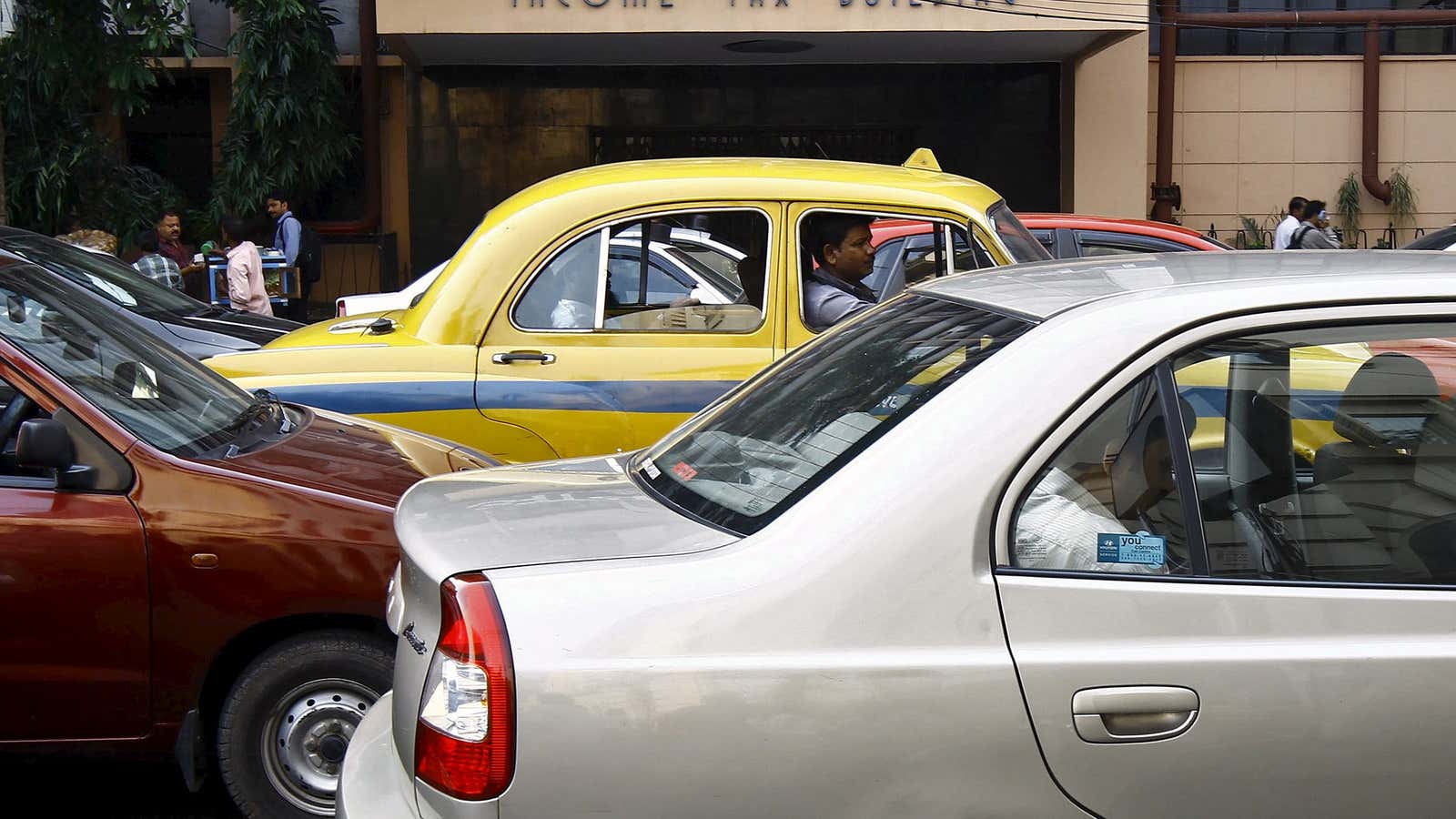India plans a dramatic reduction in electric vehicle (EV) prices over the next two years.
“Rapid strides in technology and green fuel” will help bring down costs at par with petrol automobiles in the country, India’s transport minister Nitin Gadkari said yesterday (March 22) replying to a query in the parliament.
High costs have fueled consumer resistance towards EVs in India till now—a petrol model made by Maruti, the country’s largest car-maker, costs Rs3.15 lakh while the most affordable EV comes at around Rs10 lakh.
This, it seems, will change soon.
“Prices of lithium-ion batteries are coming down. We are developing this chemistry of zinc-ion, aluminium-ion, sodium-ion batteries. If you are spending Rs100 [$1.31] on petrol, you will spend Rs 10for using electric vehicles,” Gadkari explained in parliament.
He also emphasised making the swift shift to cost-effective indigenous fuel. The minister urged other members of parliament to adopt hydrogen-based transport technologies and take the initiative in their respective constituencies to use sewage water to produce hydrogen.
“Hydrogen will soon be the cheapest fuel alternative,” Gadkari said.
EV constitutes a mere 1% of the total vehicles sales in India, but their share is rising. The figure for 2022 is expected to touch a million, equivalent to what was sold in the past 15 years, according to the Society of Manufacturers of Electric Vehicles, a body of Indian EV and EV component makers.
The Narendra Modi government wants 70% of all commercial cars, 30% of private cars, 40% of buses, and 80% of two-wheelers and three-wheelers sold in India to be electric by 2030.
